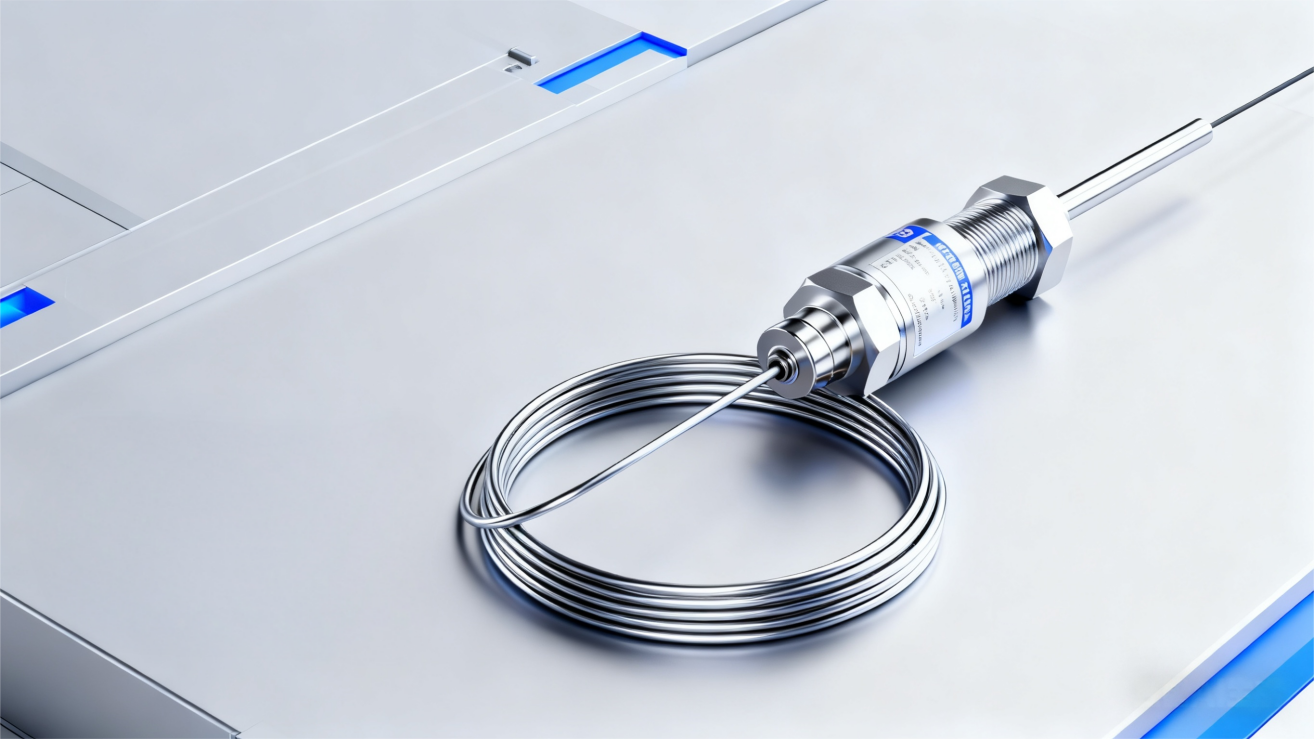Thermistor
A thermistor is a thermally sensitive resistor of which its primary function is to
exhibit achange inresistance accompanying with a change in itself temperature. Negative Temperature Coeffictent (NTC) Thermistor
NTC thermistor is a thermistor of which the zero-power resistance decreases while itself temperature is increased.
Inrush current
Inrush current is the initial surge of current that results when power is firstly applied to a load having a low starting impedance.such as a discharged capacitor, a cold lamp filament, or a stopped motor, etc.
Inrush current limiter
Specially designed and constructed NTC thermistor may be used as an inrush current limiter. Inrush current limiter is available in a wide range of current handling and zero-power resistance value combinations.
Zero-power resistance (Rt)
The zero-power resistance is the direct current resistance value of a thermistor measured at a specified temperature (T) with a power dissipation by the thermistor low enough that any further decrease in power will result in less than 0.1 percent change in resistance.
Maximum steady-state current (Imax)
The maximum steady-state current is the rating of the maximum current, normally expressed in amperes (A), allowable to be conducted by an inrush limiting NTC thermistor for an extended period of time.
Resistance at maximum current (Rmax)
The resistance at maximum current is the approximate resistance of an inrush current limiting thermistor. expressed in ohms , when it is conducting its rated maximum steady-state current.
Thermal dissipation coefficient
The thermal dissipation coefficient is the ratio. normally expressed in milliwatts per degree C(mW/°C ),at a specified ambient temperature, of a change in power dissipation in a thermistor to the resultant body temperature change.δ=(VxI/^T
Thermal time constant(t)
The thermal time constant is the time required for a thermistor to change 63.2 percent of total difference between its initial and final body temperature when
subjected to a step function change in ambient temperature under zero-power
condition and is normally expressed in second.
Material constant (B)
The material constant of a NTC thermistor is a measure of its resistance at one temperature compared to its resistance at a different temperature. It value may be calculated by the formula shown below and is expressed in degrees kelvin(K).
The reference temperature used in this formula for determining material constant rating of AMPRON thermistor is 298.15 ‘Kand 323.15″K B=Ln(R1/R2)/(1/T1-1/T2)
Temperature coefficient of resistance(a1)
The temperature coefficient of resistance is the ratio at a specified temperature T, of the rate of change of zero-power resistance with temperature to the zero-power resistance of the thermistor. The temperature coefficient is commonly expressed in percent per degree C(%/C). a=(1/R).(dR/dT)
Surge energy
Surge energy is the maximum energy of pulses.
The thermistor is capable of tolerating surge energy more than 1000 times with the resistance changing rate within±10%. This energy varies with voltage and capacitance.
WARNING
Don’t touch thermistor with hand when the thermistor is in high power operation,
The thermistor shall not be operated beyond the specified Maximum Current.
The thermistor shall not be operated and stored under following environmental condition.
a. To be exposed directly to water or drop of water.
b. To be exposed directly to oil, gasoline or organic solvent and/or that kind of
atmospheres.
c. Under condition of deoxidized or corrosive atmospheres such as chlorine,
hydrogen sulfide, sulphur oxide and craked gas from vinyl chloride… etc.

Discovering the Range of Temperature Sensors from Leading PT Sensors Manufacturer
Platinum resistance temperature sensors from reliable suppliers offer precise measurements with tolerances within tenths of a degree Celsius and withstand pressures up to sixteen bar.




